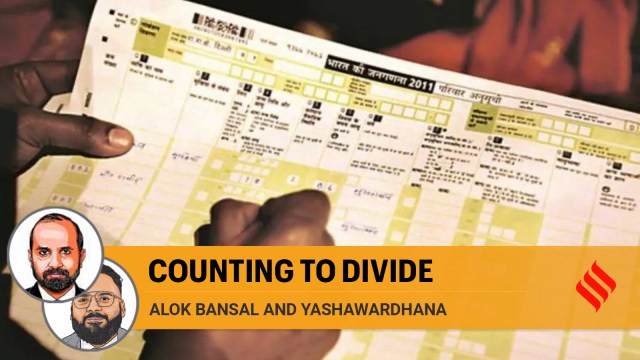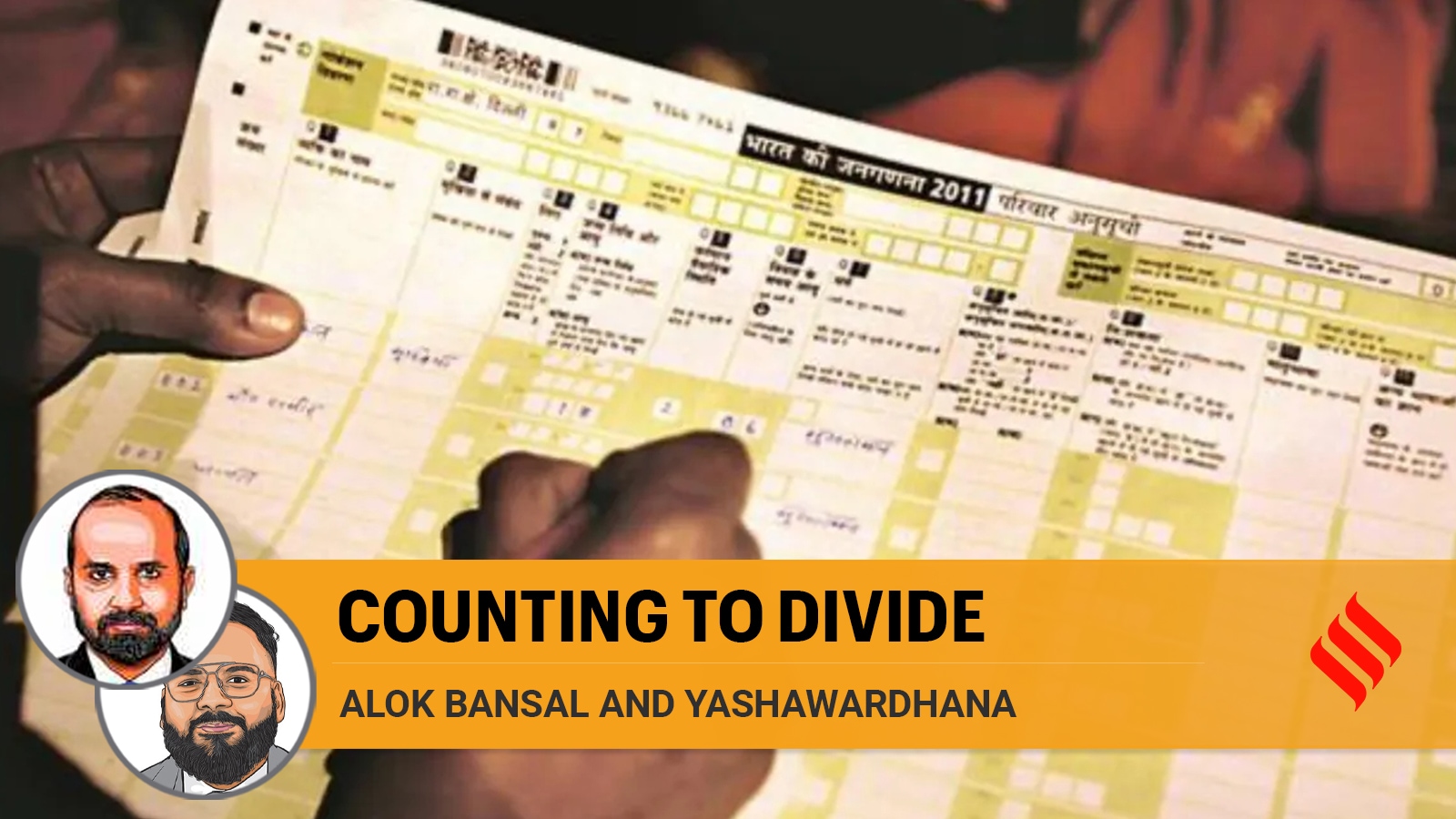
Recent election results have indicated that caste-based identities prevail in parts of rural India, with these loyalties triumphing over factors like development even seven decades after Independence. This shows that while affirmative action may have improved the living standards and social status of the downtrodden, it has largely failed to eradicate caste-based identities. With the NDA having returned with fewer seats and some alliance members, like the JDU and NCP, showing support for a caste Census, the government might conduct it.
“What harm is there in counting people?” is a question proponents of the Census frequently ask. Initially, most proponents were from regional or caste-based parties—they were not concerned about its impact on national integration. In recent times, even Rahul Gandhi, the Leader of the Opposition from Congress, has joined the cacophony, without realising why his father and forefathers refused to indulge in the exercise, even in independent India. India’s founders, including visionaries like Gandhiji, highlighted issues with the caste Census.
Another reason cited for supporting this exercise is that it will help the government shape its policies in line with the aspirations of different groups. But this kind of action might have far-reaching effects and even permanently fracture India’s social fabric.
This has been demonstrated by history: During British rule, the inclusion of religion in the Census and subsequent creation of separate electorates had a negative impact on social cohesion, eventually resulting in India’s Partition. Similarly, adding caste to official Census data is bound to aggravate social differences, strengthen identity politics, and splinter the country along caste lines. Thus, this is by no stretch of imagination a harmless exercise. It could derail the movement towards the creation of a casteless society and has the potential to permanently damage the national integrity of the country.
India’s Census plan began with the colonial Census of 1881. The government, legislators, scholars, and others utilised it to track social development, determine the size of the Indian population, and carry out delimitation activities. It has been criticised for being a crude tool inappropriate for specialised research. It is sometimes forgotten that many British authorities operating in India during the colonial era were sceptical of the choice to list people’s religions. They maintained that determining someone’s religious affiliations is a difficult process that could cause rifts in society. The colonial authorities continued to include religious information in Census data despite these reservations. This had important ramifications; it deepened religious divides, resulting in the creation of separate electorates. This was the last nail in unified India’s coffin — India’s Partition followed. Even in Jammu and Kashmir, where Dogra rulers had been ruling peacefully over a Muslim majority, the 1911 Census revealed that Kashmiri Pandits — 8 per cent of the population — made up 80 per cent of all who availed higher education. This started the discontent that manifested in anti-maharaja demonstrations.
Census classifications have the potential to entrench identities and aggravate social divisions. More significantly, contrary to religion, which continues to have some influence over personal rituals and ceremonies, caste is purely a vestige with no functional relevance in any facet of modern life. Consequently, in today’s India, most youth, especially in urban India, do not identify themselves by their caste and some are not even aware of it. Inter-caste marriages have become the norm and their progenies obviously do not wish to identify themselves with any. Unfortunately, conducting a caste-based Census would force these youth to identify as members of a particular caste, thereby entrenching the caste system.
In an era where anti-national forces are using caste to break down social cohesion, the country should work together to eradicate it. Considering the diversity of caste subgroups in our society, a Census would trigger divisions, along the lines of caste and sub-castes.
Many conservative proponents claim that discrimination based on caste should be denounced rather than the caste system per se. This perspective, however, misses the basic fact that the caste system is inherently hierarchical and consequently, discriminatory. The caste system is based on stratification — people are placed, according to birth, in inflexible social hierarchies. Caste-related preconceptions and biases are deeply ingrained and exacerbate societal divisions, impeding efforts to create a more inclusive and fair society.
Instead of concentrating on ideas like caste Census, efforts should be directed towards creating a casteless society. All government forms that have a caste category to tick off must have a provision for “no caste”. The government and civil society must work together and inspire young people to reject identities based on caste.
At a time when the Supreme Court has issued a directive to ensure the removal of stickers and posters that identify the caste of the occupants from vehicles, the government engaging in an activity such as a caste Census would run counter to the spirit of the Court’s directive and the constitutional mandate to promote a casteless society.
Bansal is director and Yashawardhana is research fellow, India Foundation. Views are personal



